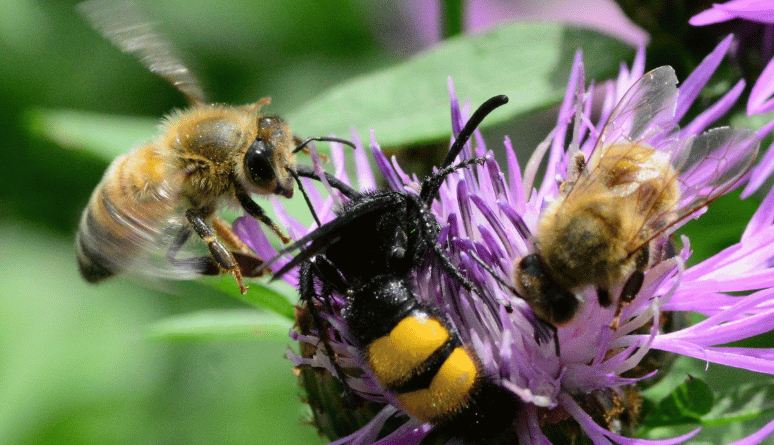The Importance of Protecting Pollinators: A Guide to Conservation
Pollinators, such as bees, butterflies, and beetles, play a crucial role in our ecosystems and food systems. They are responsible for pollinating plants that produce one-third of the world’s food crops, including fruits, vegetables, and nuts. However, pollinator populations are facing numerous threats, including habitat loss, pesticide use, and climate change. In this article, we will discuss the importance of protecting pollinators and provide a guide to conservation.
One of the main threats to pollinator populations is the loss of habitat. Urbanization and agriculture have led to the destruction of natural habitats, such as meadows and forests, that are essential for pollinators to thrive. This loss of habitat has resulted in a decline in the number of pollinators, which in turn has a direct impact on the production of food crops.
Another major threat to pollinators is the use of pesticides. These chemicals are designed to kill insects, including pollinators, which can lead to a decline in their populations. In addition, pesticides can also contaminate the nectar and pollen that pollinators rely on for food, making it difficult for them to survive.
Climate change also poses a significant threat to pollinators. Changes in temperature and precipitation patterns can disrupt the timing of plant blooms, making it difficult for pollinators to find food. Additionally, the spread of disease and invasive species can also have a negative impact on pollinator populations.
To protect pollinators, it is essential to take action to conserve their habitats and reduce the use of pesticides. One way to do this is by creating pollinator-friendly gardens and green spaces. This can include planting a variety of native flowering plants that provide food and habitat for pollinators. Additionally, reducing or eliminating the use of pesticides can help to create a safer environment for pollinators.
Another way to protect pollinators is by supporting conservation efforts. This can include supporting organizations that work to protect pollinator habitats and advocate for policies that promote pollinator conservation. Additionally, individuals can also take action by becoming informed about the issue and sharing information about the importance of pollinator conservation with others.
In conclusion, pollinators play a crucial role in our ecosystems and food systems. However, their populations are facing numerous threats. To protect pollinators, it is essential to take action to conserve their habitats and reduce the use of pesticides. By creating pollinator-friendly gardens, reducing pesticide use, and supporting conservation efforts, we can help to ensure the survival of these important species.
References:
- “The Importance of Pollinators in Our Ecosystems” – National Wildlife Federation
- “Why Pollinator Conservation Matters” – The Xerces Society
- “Protecting Pollinators: A Guide to Conservation” – The Nature Conservancy
- “The Plight of Pollinators” – World Wildlife Fund
- “Pollinator Conservation” – Pollinator Partnership

